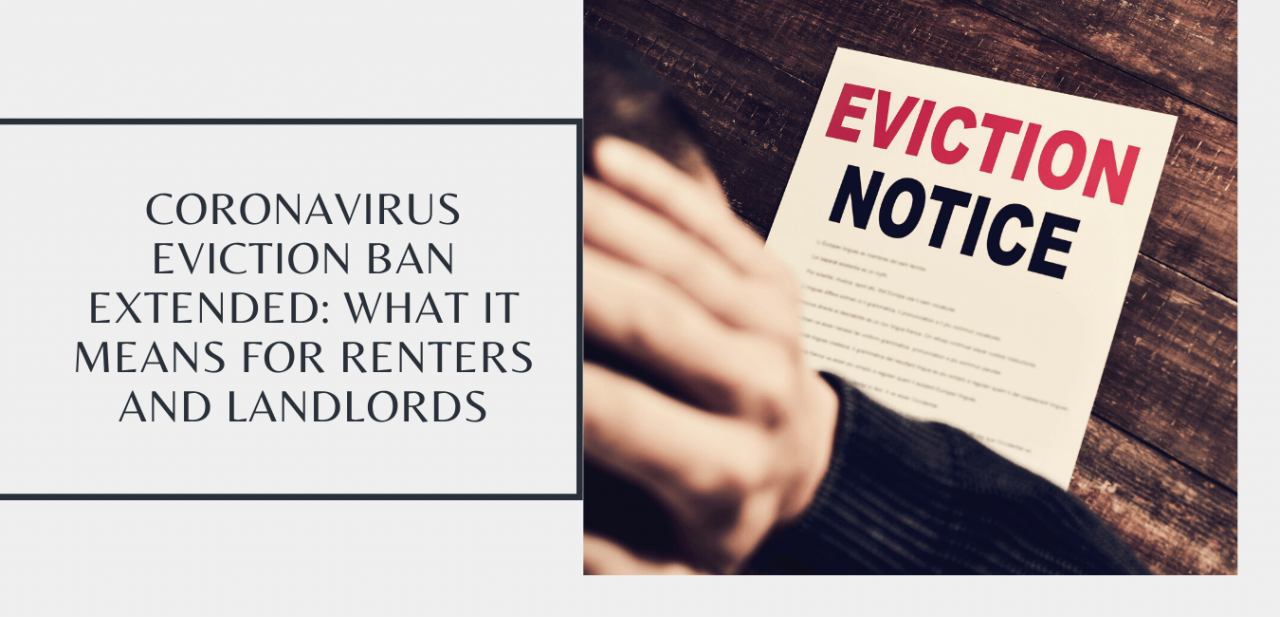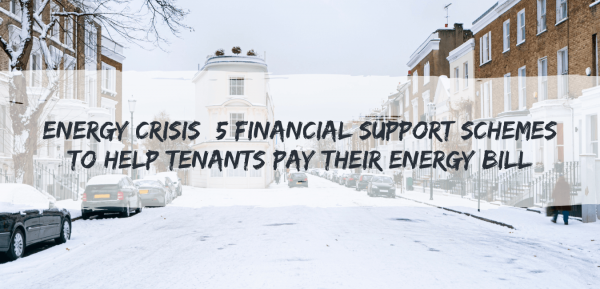The ban on evictions has been extended in England, Scotland and Wales.
In the last 24 hours, all three nations have announced extensions to their bans on bailiffs taking possession of properties, meaning evictions won’t be permitted until 21 February (England) or the end of March (Scotland and Wales).
In November, the government placed a pause on eviction enforcement in England and Wales. This meant that bailiffs were banned from repossessing properties over the Christmas period, apart from in the most extreme circumstances. These included instances of rent arrears of nine months’ or longer, illegal occupation, anti-social behaviour and domestic abuse.
The ban was set to end on Monday (11 January) but has now been extended until 21 February in England and 31 March in Wales.
COVID-19 mortgage payment holidays for landlords
Some support is available for landlords and tenants facing financial difficulties due to the ongoing pandemic. Landlords whose tenants are struggling to pay rent can still apply for payment breaks on their mortgages until 31 March, with total deferrals of up to six months’ allowed. The government says that tenants who are unable to afford their rent should speak to their landlord directly to try to reach an agreement, which could include reducing or suspending payments in the short term.
Tenant rights and assistance during COVID-19
You’re still required to pay your rent as per the terms of your tenancy agreement, but landlords are being encouraged to offer support for renters who are struggling. If you’re not currently earning, you might be able to qualify for financial support. Housing Allowance and Universal Credit have been increased to cover housing costs. In addition, the government says it has also made £180m available to councils to provide discretionary housing payments to tenants struggling to pay their rent. Check with your council to see if you’re eligible.
Your right to live in a safe property is unaffected by the coronavirus outbreak. Your landlord is still responsible for conducting essential maintenance and dealing with urgent issues (for example if the boiler breaks down).
If your tenancy agreement is coming to an end and you’re concerned about moving during the pandemic, speak to your landlord about your options. Some landlords may be willing to discuss a month-by-month agreement given the current circumstances.
Buy-to-let landlord advice during COVID-19
Your responsibilities as a landlord are unaffected by COVID-19, so any essential repairs must still be conducted, and planned gas and electrical safety inspections should be arranged wherever possible. If for some reason you can’t have essential work carried out (for example if the tenant is self-isolating), then you should document your attempts to do so in case your council requests evidence.
You can now carry out viewings and let out homes, but you’ll need to adhere to the government’s guidelines. These including social distancing, wearing a face covering and providing separate towels for people coming to view properties.
If a current tenant is isolating or has COVID-19 symptoms, you won’t be able to conduct viewings.




Share this with
Email
Facebook
Messenger
Twitter
Pinterest
LinkedIn
Copy this link